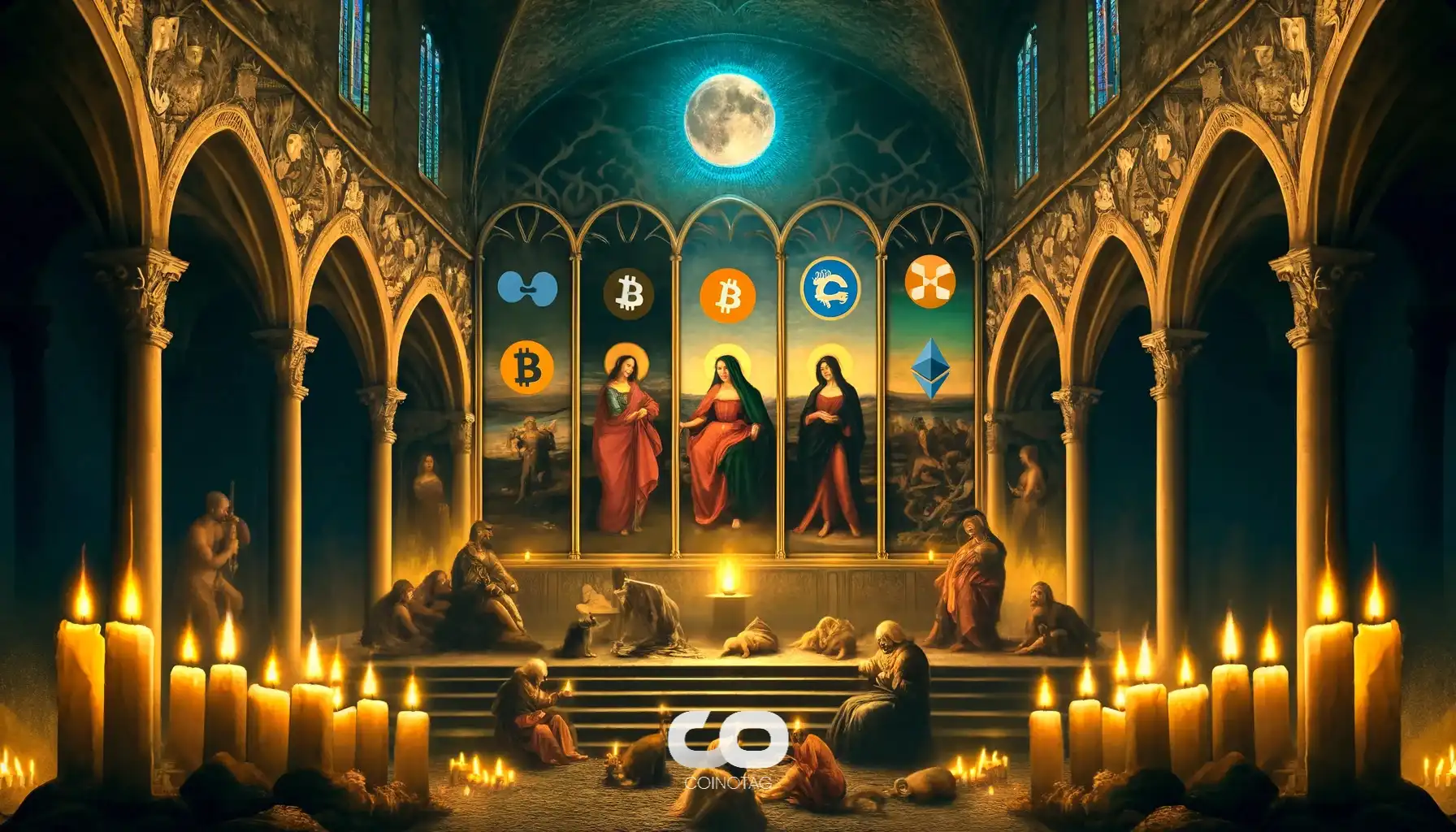from the ready-fire-aim dept
The war on stream-ripping sites waged by the music industry continues. And, as with any war, there is collateral damage. Now, as we’ve said for some time, this is an entirely unnecessary war to begin with. There are a host of absolutely legitimate uses for sites like this, none of which would be infringing upon anyone’s copyright. And so we have an industry going after a tool that can be used to infringe, rather than any actual infringement itself.
And when the plan is to essentially carpet-bomb a niche site category on the internet, that plan is, of course, going to run into some mistakes. In fact, that’s the problem with these attempts at broad-based delisting of site types. One example of this would be when a music industry group in Spain got a host of sites delisted from Google, most of which were indeed stream-ripping sites. Most, but not all.
A few weeks ago, Spanish music industry group Promusicae flagged hundreds of stream-ripper URLs in yet another anti-circumvention takedown notice. Grouped in with popular stream-rippers such as flvto, Y2mate, and 2conv was a clear outlier: MP3.to. It’s important to note that MP3.to is not a stream-ripping tool. It cannot download content from third-party sites. Instead, this online tool focuses solely on converting audio files between MP3 and other formats.
File-conversion tools that convert MP3s, without built-in access controls such as DRM, are unlikely to violate the DMCA’s anti-circumvention provision. However, that didn’t stop Google from honoring the request and removing the URL from its search engine.
Now, MP3.to did what many sites don’t in situations like this: it got its attorney involved. That attorney fired off a cease and desist notice to Promusicae, calling its takedown request both false and defamatory. The notice lays out in full detail what MP3.to does and does not do and why the allegations laid out by the industry group are simply wrong. A similar letter was sent to Google, as well.
Because there are no copyright infringements, MP3.to urged Google to undo all actions it took in response to the ‘false’ takedown notice.
“Therefore, the Website requests that Google disregard Promusicae’s Notice, restore Google’s Adsense account with respect to the Website, rescind any additional negative actions Google may have taken against the Website on account of the Notice,” the letter reads.
Google eventually reviewed the letter and both restored the site to its search indexing as well as restored its AdSense account. And, while Promusicae hasn’t bothered commenting publicly about any of this, the general sense is that this was an inadvertent takedown request due to the industry group not understanding what MP3.to actually does.
But isn’t that exactly the problem? Google’s comments on the matter make reference to its desire to balance the needs of copyright holders to protect themselves with the needs for websites that aren’t infringing to defend themselves from these bad takedowns. But when this kind of collateral damage occurs, it shows plainly that the balance is out of whack. Promusicae isn’t going to suffer any penalty for its stumbling, bumbling actions here. But MP3.to sure did. So where’s the balance?
And where’s the balance for the other sites that are also not infringing, but were also taken down in the same request from Promusicae?
This brings us to the final issue with Promusicae’s takedown request. As it turns out, MP3.to was not the only file conversion site targeted. The same notice also lists online-audioconvert.com, video.online-convert.com, and similar tools.
Although these reported websites do not appear to circumvent any technical protection measures, the listed URLs remain removed from Google’s search results at the time of publication.
Those sites may either not realize they’ve been delisted, or perhaps don’t have the legal representation to fight back like MP3.to did. Either way, they remain in an injured state when they should not be. All because Promusicae isn’t doing its due diligence before firing off these harmful takedown notices.
Are we really supposed to just accept that collateral damage because we bow to copyright holders?
Filed Under: copyright, streaming








Leave a Comment